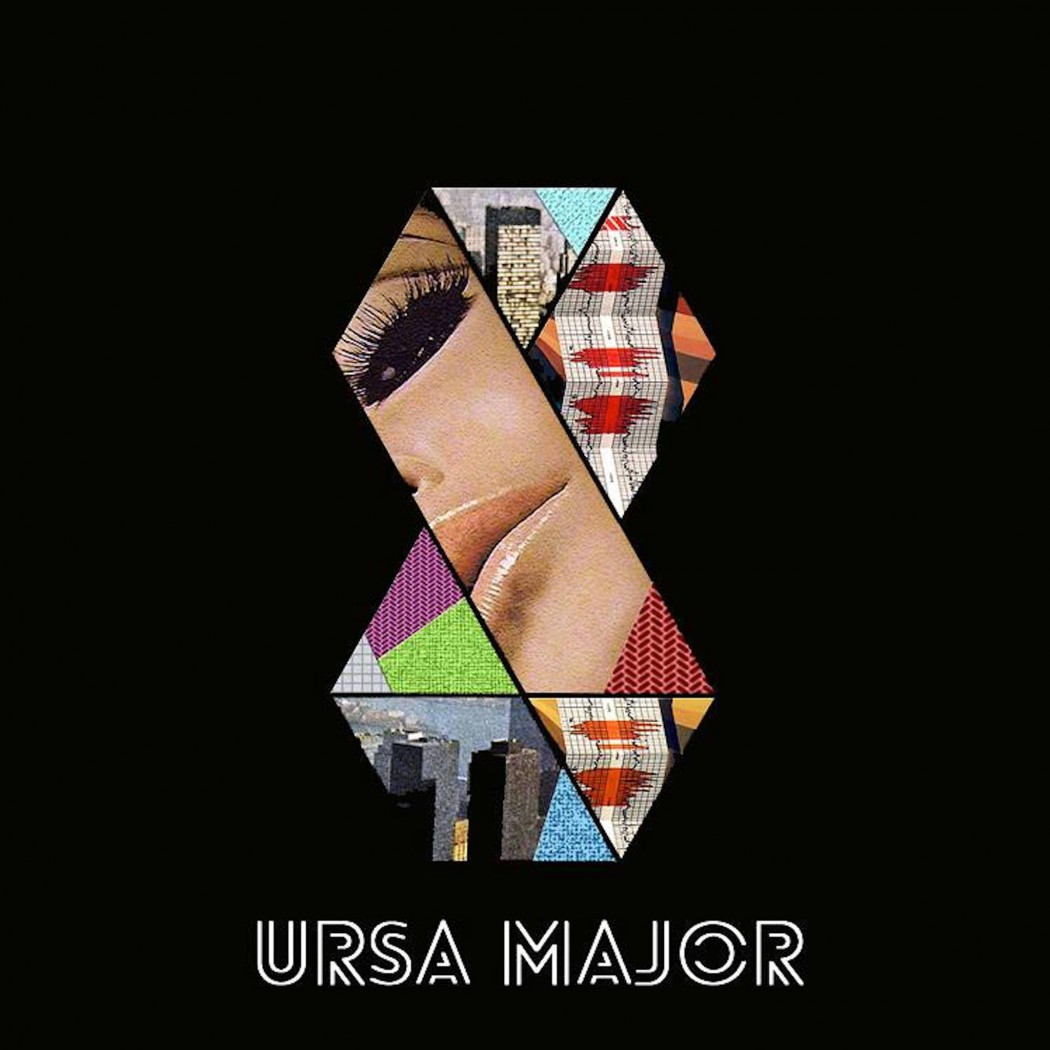I reached out to Joseph Chusid a few weeks ago, and after working out our conflicting schedules, we finally settled to meet at 10pm on a Monday in Redpath Library. Chusid mentioned that he would be studying all night, in order to make up for lost time in preparation for a music-related trip to New York. As a Cultural Studies major and Music Tech minor in his third year at McGill, Chusid will soon be travelling to Europe for exchange, where he has already organized recording sessions. Sporting a Rush band t-shirt and a baseball cap to cover his long curly hair, a talkative Chusid discussed various topics with me, moving from his past and future objectives, to the dangers of artists getting trapped in one sound, and navigating the music industry as an independent artist.
Chusid, a songwriter, musician, and producer, is gaining traction in the indie R&B scene. Under the pseudonym Ursa Major, and boasting a unique sound that he hesitates to label as anything more than alternative, he’s garnered over 22,000 monthly listeners on Spotify. Six months after releasing his EP Low-fi Sky, he released his latest project in mid-October of this year, a single entitled Falling.
Our meeting began with Chusid recalling the impact of growing up listening to his parents’ classic rock and jazz collection. As it turns out, he began writing music in elementary school, equating his natural songwriting ability to being exposed to great music at a young age.
With an already diverse knowledge of music, a ten-year-old Chusid made his way to Long & McQuade on Bloor Street in Toronto and purchased an acoustic guitar. He initially learned the instrument without an instructor, teaching himself the basic chords by ear or by following YouTube tutorials. With time and practice, guitar became his primary instrument.
While recalling his past, Chusid scrolled through his mom’s SoundCloud to play me a funk tune by his high school band. He explained to me how they had won the money to record the song at a “Battle of the Bands” performance. Their gigs in downtown Toronto made for many a story of teenage debauchery, gathering crowds of rambunctious adolescents.
“We’d just play shows and people would get really drunk and it was always underage people with fake IDs getting alcohol. Tons of people would get kicked out. It was always a big scene, it was really funny,” Chusid recalled.
Unfortunately, his talented bandmates went their separate ways after graduation. This solidified his decision to pursue a solo musical venture in university in order to have complete creative control.
While in high school, Chusid’s personal playlist primarily consisted of indie rock. Later, he began listening to darker, more alternative R&B, specifically the neo-soul female vocalists of the 90s (who, in Chusid’s opinion, are superior to their male counterparts), which in turn heavily influenced the music he wrote at McGill.
Throughout his three years at McGill, Chusid has worked with many producers in order to create what now makes up his compilation of about 60 tracks, seven of which have been released to the public.
“The idea is just to create as many songs as I possibly can and once I have a huge body of work to just pick and choose from the best ones; and be consistent throughout to try to create a sound,” Chusid remarked.
When I asked how he would categorize his own sound, he hesitated, saying, “I don’t like putting labels on things. I would describe it as indie-R&B, or indie-soul, maybe? Or even indie-rock? I don’t really know. It’s a mixture of many different elements; I would just describe it as alternative music.” As such, he refuses to categorize his music too definitively, so as not to impede on an inevitable genre switch in the future.
Our conversation then moved to the disadvantages of young artists committing themselves to one style. On this topic, Chusid lamented, “What happens in three years when you want to do something completely different?” And so, this is why, contrary to popular belief, Ursa Major is Chusid’s ‘project,’ and not his artist name.
“If I say I’m Ursa Major, that doesn’t give me the opportunity to do other things,” he clarified. “The Ursa Major project is what I’m currently focused on but if, five years down the line I’m going to do a jazz project – no singing, just jazz guitar over drums or something like that – would that still be Ursa Major? Probably not.”
Ursa Major’s Low-fi Sky has a Toronto R&B sound, denoting an emphasis on the bass drum and with a slow tempo. However, Chusid told me that his upcoming music will explore the genre of indie pop, a sound which he says is more comfortable for him. Naming Nelly Furtado as his biggest inspiration, he praised mainstream pop for its ability to appeal to the masses, especially when the songs are fun and interesting, citing MGMT’s Kids as an example.
By listening to artists who have well thought out stories in their lyrics, Chusid explained to me how he came to the dissatisfying realization that many of Ursa Major’s tracks are lyrically abstract. He further noted how he rejects the idea that the “banality of everyday life” isn’t interesting enough to write or sing about; in fact, Chusid seeks to write solely about what he knows. His goal is transparency; he wants his personality to be understood accurately after a listen, a quality attributed to Chance the Rapper’s Acid Rap. He’s also fashioned his own marketing plan after carefully monitoring the moves of his musical mentors; for example, he’s learned to be strategic about release dates.
However, no matter how foreign or imposing the music business can be, Chusid isn’t too worried.
“If you’re an artist,” he explained, “and you know what you want to make and you have your goals established, you’ll be able to pursue that indefinitely because you know what you want to do.”


